Choosing the Right Supplements for Your Athletic Journey
When embarking on an athletic journey, selecting the right supplements is essential to achieving optimal performance. The myriad of options available can be overwhelming; however, understanding the specific requirements of your body and fitness goals will guide your decision-making process. First and foremost, it is crucial to identify your primary fitness objectives, whether it’s building muscle, enhancing endurance, or improving recovery.
High-quality protein powders are among the most popular supplements used by athletes. These powders supply essential amino acids that are vital for muscle repair and growth. Different types of protein sources, such as whey, casein, and plant-based proteins, cater to varying dietary preferences and needs. For instance, whey protein is fast-absorbing and ideal for post-workout recovery, while casein provides a slow release of amino acids, making it suitable for overnight replenishment.
Moreover, incorporating essential vitamins and minerals is critical in supporting an athlete’s overall health. Vitamins such as B-complex, D, and antioxidants like vitamin C play pivotal roles in energy metabolism and immune function. When combined with a balanced diet, these micronutrients can aid in quelling fatigue and promoting endurance during training sessions. It is important to consult with healthcare professionals to assess potential deficiencies and tailor your supplement intake accordingly.
Additionally, consider other performance-enhancing supplements such as creatine and branched-chain amino acids (BCAAs). Creatine is known for its efficacy in improving strength and anaerobic endurance while BCAAs may help reduce exercise-induced muscle soreness and facilitate quicker recovery. In conclusion, by gaining a comprehensive understanding of your body’s needs and the various supplements available, you can effectively choose the right products to help you reach your athletic potential. Making informed choices will undoubtedly support your training regimen and athletic aspirations.
Maximizing Recovery and Performance with Expert Insights
Effective recovery is essential for athletes seeking to maximize their performance. The process of recovery not only mitigates fatigue and muscle soreness but also plays a crucial role in muscle repair and growth. Experts agree that a strategically planned nutritional regimen can significantly expedite this process. Various supplements, when utilized correctly, can enhance recovery times and help maintain peak energy levels essential for both training sessions and competitive events.
Post-exercise, the body requires specific nutrients to refuel. Many athletes find that protein supplements, such as whey or casein, provide the amino acids necessary for muscle recovery. Consuming protein shortly after workout sessions can facilitate muscle repair and growth. Additionally, pairing protein with carbohydrates can replenish depleted glycogen stores, which are vital for sustained energy during subsequent workouts. Aim to consume a recovery meal or shake within 30 to 60 minutes post-exercise to optimize results.
Furthermore, hydration plays a pivotal role in recovery. Electrolyte supplements can be beneficial, particularly in prolonged endurance sports, as they aid in replacing lost fluids and electrolytes. It’s important to choose these supplements wisely, as not all are created equal. Athletes should also be cautious of relying solely on supplements to meet their dietary needs. Whole foods rich in vitamins, minerals, and healthy fats should form the foundation of any nutritional strategy.
Common misconceptions persist regarding the necessity and timing of supplementation. Some believe that taking more supplements unequivocally enhances performance, but this isn’t necessarily true. Over-reliance on supplements can lead to nutrient imbalances and diminish overall health. Instead, it’s crucial to tailor supplementation to individual needs and goals, ensuring compatibility with one’s overall dietary approach. By understanding the role of nutrition and employing it strategically, athletes can unlock their full athletic potential and enjoy more effective training outcomes.

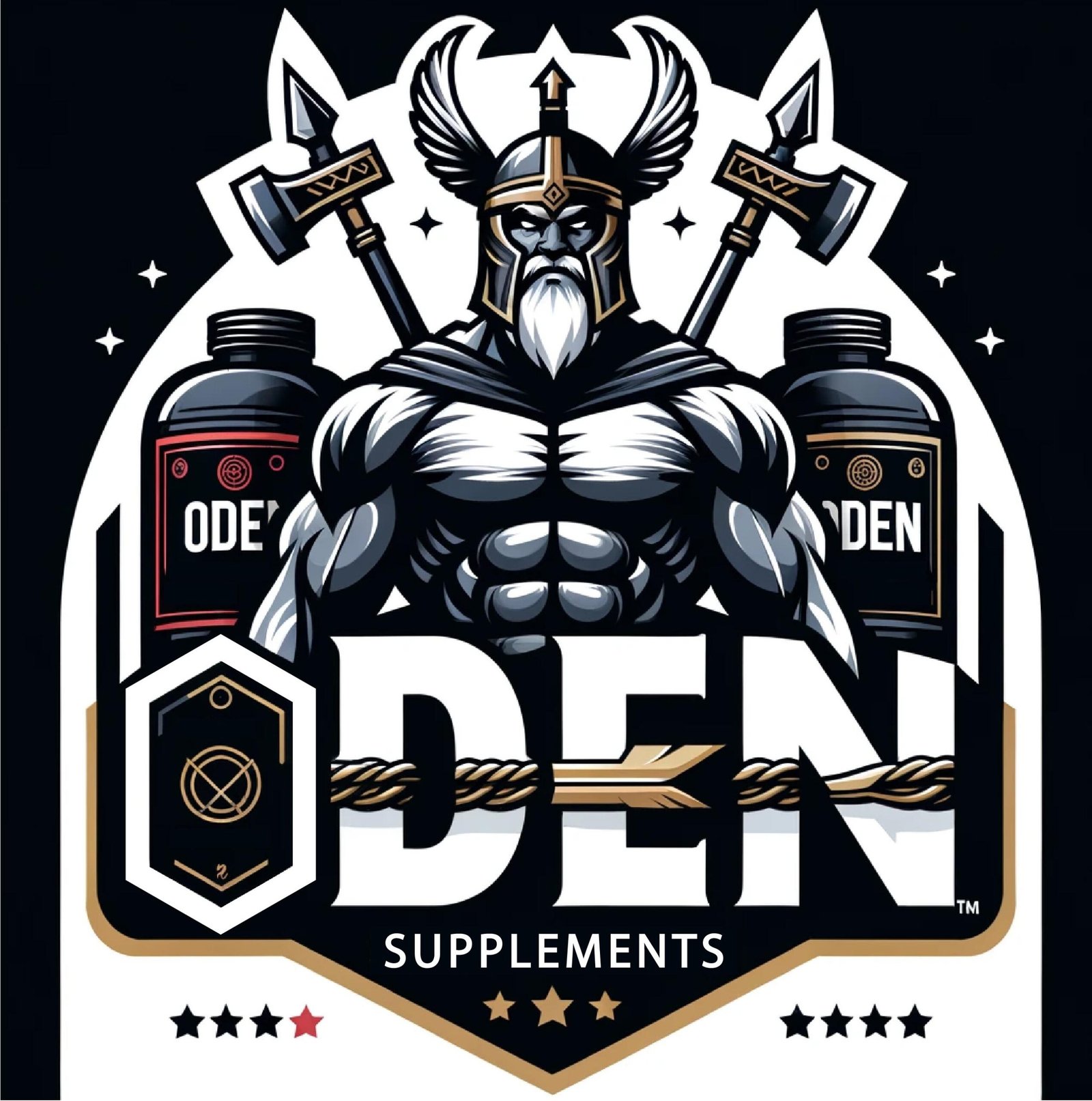
 API
API
 Blade Sport
Blade Sport
 Challenger Nutrition
Challenger Nutrition
 Full Force
Full Force
 GAT
GAT
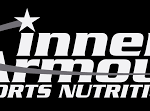 Inner Armour
Inner Armour
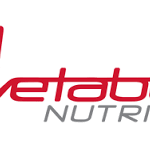 Metabolic Nutrition
Metabolic Nutrition
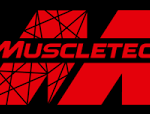 Muscletech
Muscletech
 Now
Now
 Nutrent
Nutrent
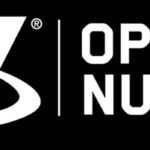 Optimum Nutrition
Optimum Nutrition
 Pharma First
Pharma First
 Ronnie Coleman
Ronnie Coleman
 Scitec Nutrition
Scitec Nutrition
 USN
USN
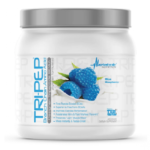 Amino Acids
Amino Acids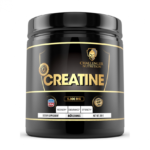 Creatine
Creatine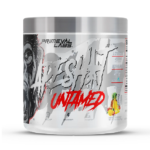 Pre-Workout
Pre-Workout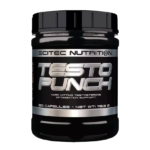 Testosterone
Testosterone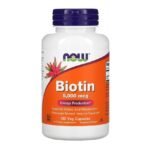 Vitamins
Vitamins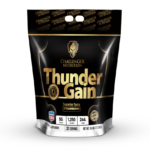 Weight Gainer
Weight Gainer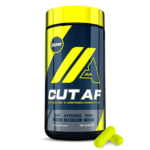 Weight Loss
Weight Loss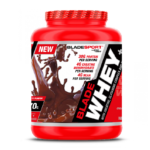 Whey Protein
Whey Protein